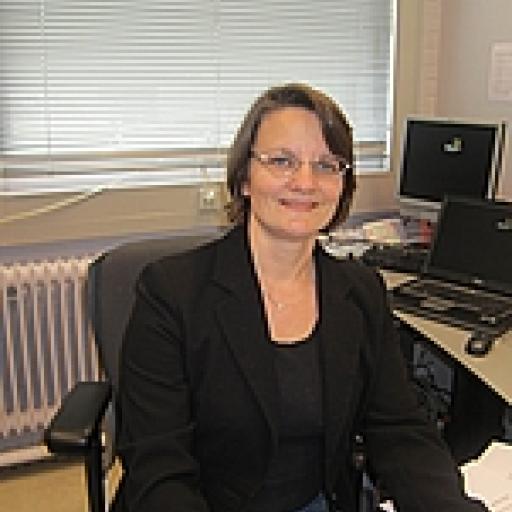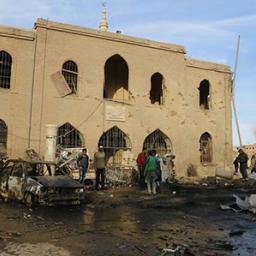The pilot project Scanning for Syria brought back to life clay tablets lost in Raqqa in the fog of the Syrian war. This resurrection was possible thanks to silicone rubber casts made by the Dutch archaeologists who excavated the tablets, to allow detailed study back in the Netherlands. As the moulds degrade over time, safeguarding of the cuneiform texts, recording the anxieties of Assyrian administrators in the 12th century BC was urgent. With an X-ray micro-CT scanner, even the tiniest wedges imprinted in the concavities of the moulds could be captured so that digital replicas as readable as the authentic tablets could be produced. Then, the digital models were subjected to automatic character decipherment and separation at Heidelberg University to ease the laborious translation work of assyriologists. Colorful 3D printed replicas were also made that one can hold in his hand to better appreciate the concise written communication style adopted by the Assyrians long before our text messages! Using modern digitizing technology a tablet was even transformed into a chocolate delicacy sold for the benefit of refugee students in the Netherlands.
Speakers: Dr Ir Dominique Ngan-Tillard, Assistant Professor, Faculty of Civil Engineering and Geosciences, TU Delft and dr Olivier Nieuwenhuijse, guest staff member in Near Eastern archaeology, Faculty of Archaeology, Leiden university.
All welcome!
Entrance is free.
No registration needed.
Studium Generale: The Raqqa Tablets back to life
Start date
End date
Location
Lipsius Building (Cleveringaplaats 1), room 0.19 Related


